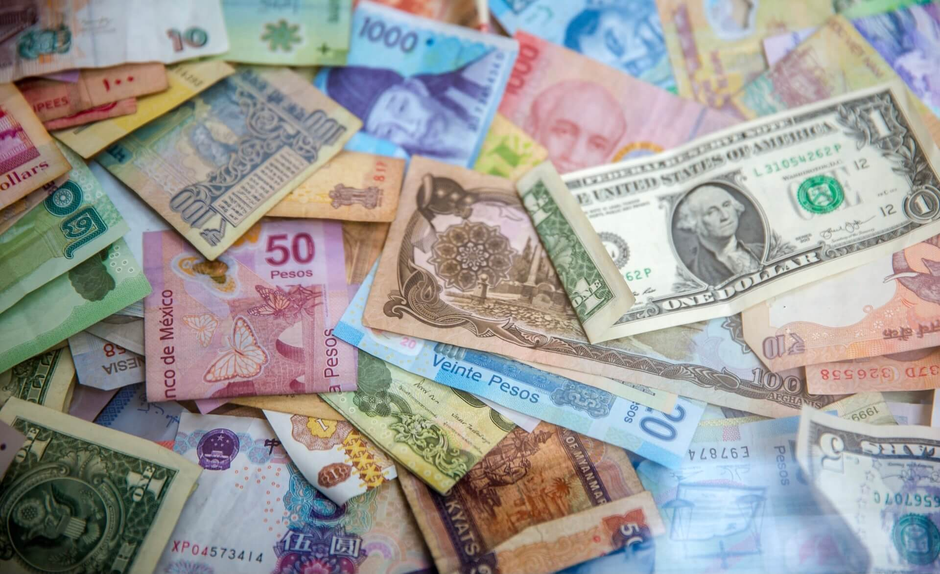Are you leaving your business exposed?
Posted on the 4th March 2015 by Hamish Anderson in SME blog

I’ve been speaking to a lot of SMEs and accountants since the Money Mover web application went live at the end of last year. Before I even start talking about what we do, I always ask prospective clients about how they are managing their currency debits and credits and foreign exchange transactions. I find that (with my ex-banker’s hat on) there are almost always some simple ways to improve or optimize what they are doing. After all, most of our clients are fast-growing SMEs which are fantastic at innovating in life sciences, semi conductors or industrial processes, but don’t always have the information that they need about their financial transactions.
These conversations always seem to go beyond simple cross-border payments, and I had an interesting discussion with a Cambridge-based industrial company the other day.
“But I don’t have any currency exposure”, explained the office manager of a 12 person business which produces industrial machinery. “Our clients are all in the UK. We source our raw materials in the UK, and our factories are in the UK. Everything we do is in Sterling.”
I asked the office manager about the wider commercial landscape, specifically about her competitors. It turned out that the company’s biggest competitor was a larger Dutch company, which produces very similar products at a comparable cost. The company I was speaking to had noticed that the competitor had stepped up its sales initiatives in the UK over the last few months and seemed to be gaining traction in the market
We discussed how fluctations in exchange rates can quickly impact your business, especially when competing with foreign businesses. Whenever the Euro weakens for example, your competitors products are relatively cheaper and sometimes the change can be significant, equating to a 5%, 10% or even 15% discount on their products, which can make it hard to compete.
So what can businesses do to protect themselves? There are a number of things. From a practical perspective companies can investigate sourcing materials or services in the currency in which their competitors operate. As Sterling strengthens, so will the cost of these materials and services fall, which provides a neat natural hedge. A slightly more involved alternative is to use forward contracts, which allow you to lock-in a rate for buying or selling currencies at a point in the future. At the beginning of each accounting period, a business sells currencies at the prevailing rates for settlement at a future time. In time, should exchange rates move against them, profits realised on these forward agreements would go some way to mitigating reduced margins from cutting the price of their products to remain competitive.
What other strategies have you used to protect your businesses from exchange rate risk? Is it just a necessary evil which is not worth worrying about?
However you chose to respond to it, the moral of this story is clear. While you may only do business in a single currency, your organization could be severely impacted by currency movements!
Other articles you might be interested in
- Amanda Nunn: Twelve months at Money Mover
- The world of FinTech; a layman’s review
- A day in the life of an Intern